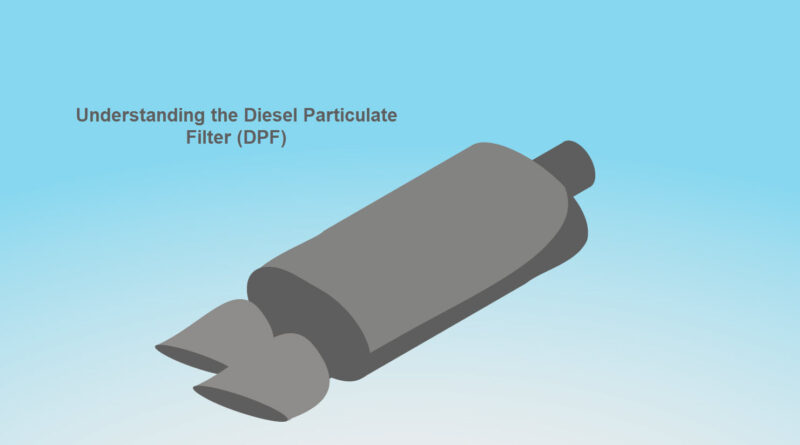Understanding What is Diesel Particulate Filter DPF
Understanding what is Diesel Particulate Filter DPF and how works, its important, and how to maintain it can help vehicle owners keep their diesel engines running efficiently and reduce their environmental impact. The Diesel Particulate Filter (DPF) is a crucial component in modern diesel engines, designed to reduce harmful emissions and comply with stringent environmental regulations. What is adblue
1. What is a DPF?
A Diesel Particulate Filter is a device installed in the exhaust system of diesel engines to capture and store soot and other particulate matter that the engine produces during combustion. The primary function of a DPF is to reduce the amount of harmful emissions released into the atmosphere, helping to meet emissions standards set by governments and environmental agencies.
Key Components:
- Filter Substrate: Typically made of ceramic or metal, this porous structure traps particulate matter.
- Catalyst Coating: Some DPFs are coated with catalytic materials to aid in the oxidation of soot.
2. How Does a DPF Work?
As exhaust gases pass through the DPF, the filter traps particulate matter. Over time, the trapped soot accumulates and can clog the filter, leading to increased back pressure and reduced engine performance. To prevent this, the DPF undergoes a regeneration process.
Regeneration Types:
- Passive Regeneration: Occurs automatically when the exhaust temperature is high enough, typically during highway driving, to burn off soot.
- Active Regeneration: Initiated by the vehicle’s engine control unit (ECU) when passive regeneration is insufficient. The ECU injects extra fuel to raise the exhaust temperature and burn off the soot.
- Forced Regeneration: Performed by a mechanic using specialized equipment when the filter is severely clogged and cannot regenerate through passive or active methods.
3. Importance of the DPF
The DPF plays a critical role in reducing diesel engine emissions, which include harmful pollutants like nitrogen oxides (NOx) and particulate matter (PM). These pollutants are known to contribute to air quality issues and health problems, such as respiratory and cardiovascular diseases.
Benefits:
- Environmental Protection: Reduces the emission of harmful pollutants, improving air quality.
- Compliance: Helps vehicles meet stringent emissions standards and avoid fines or penalties.
- Health Impact: Reduces exposure to harmful pollutants that can cause serious health issues.
4. Maintaining Your DPF
Proper maintenance of the DPF is essential for the longevity of your diesel vehicle and the efficiency of the emission control system.
Maintenance Tips:
- Regular Driving: Regularly drive at highway speeds to enable passive regeneration.
- Monitor Warning Lights: Pay attention to DPF-related warning lights on your dashboard, indicating the need for regeneration or potential issues.
- Use the Right Fuel and Oil: Use low-sulfur diesel fuel and the recommended engine oil to prevent excessive soot production.
- Avoid Short Trips: Frequent short trips can prevent the DPF from reaching the necessary temperature for regeneration.
5. Common Issues with DPFs
Despite their benefits, DPFs can encounter several issues that need addressing to maintain optimal performance.
Common Problems:
- Clogging: Excessive soot buildup can lead to clogging, requiring active or forced regeneration.
- Sensor Failures: Faulty sensors can prevent proper regeneration and lead to increased back pressure.
- Engine Performance: A clogged DPF can reduce engine performance and fuel efficiency. Why glow plug light is on?
6. Conclusion
The Diesel Particulate Filter is an essential component in modern diesel engines, significantly reducing harmful emissions and helping to protect the environment and public health. Understanding how the DPF works, its importance, and how to maintain it can help diesel vehicle owners ensure their engines run efficiently and comply with emissions standards. Regular maintenance and being aware of potential issues can extend the lifespan of the DPF and keep your diesel vehicle performing at its best.

